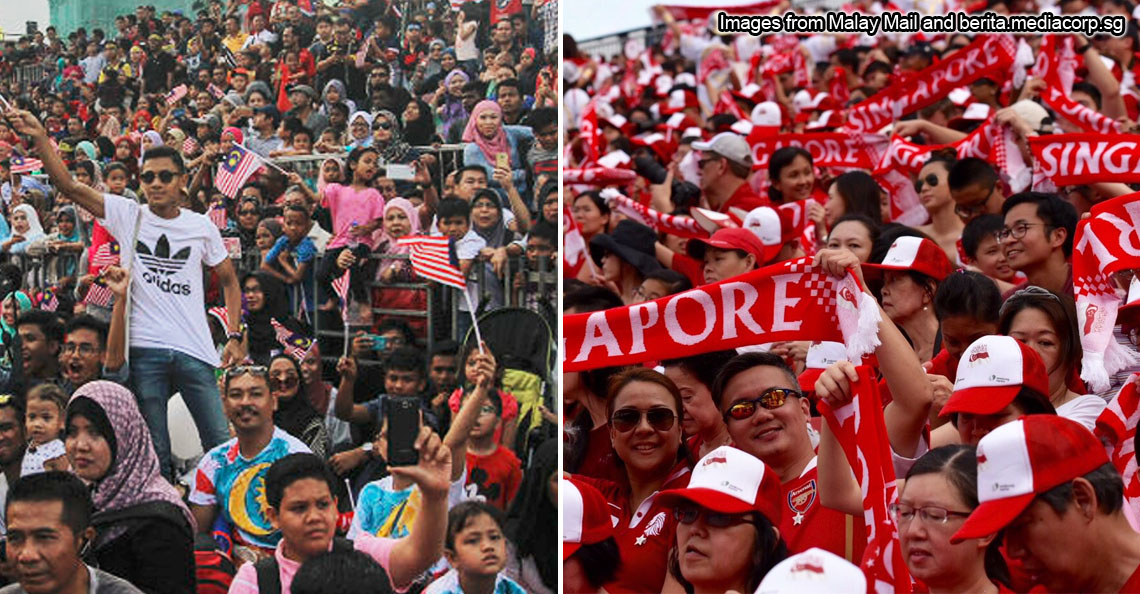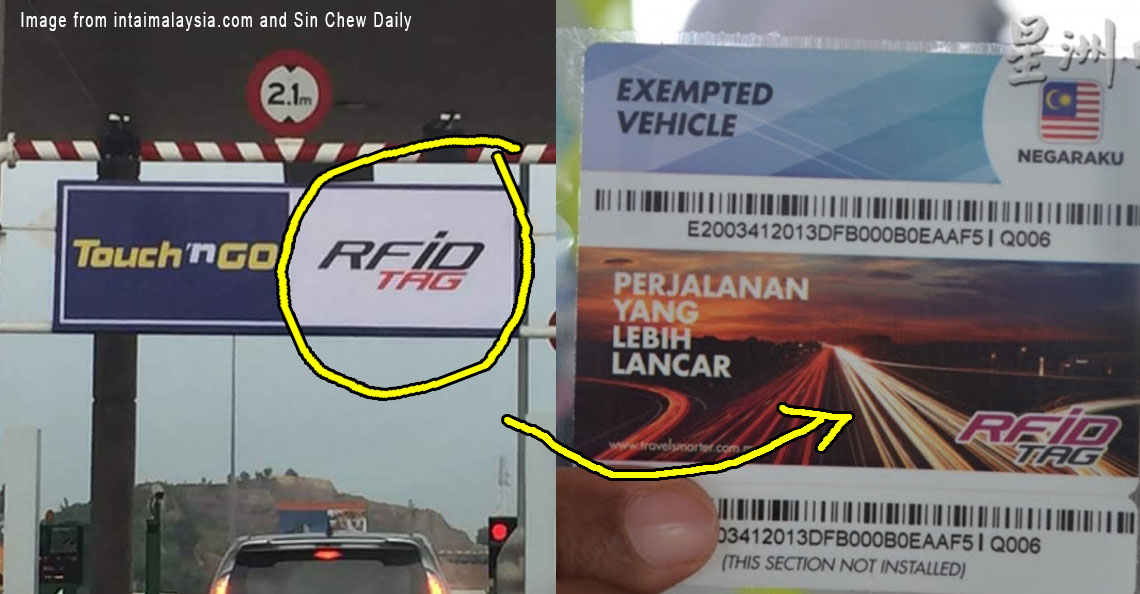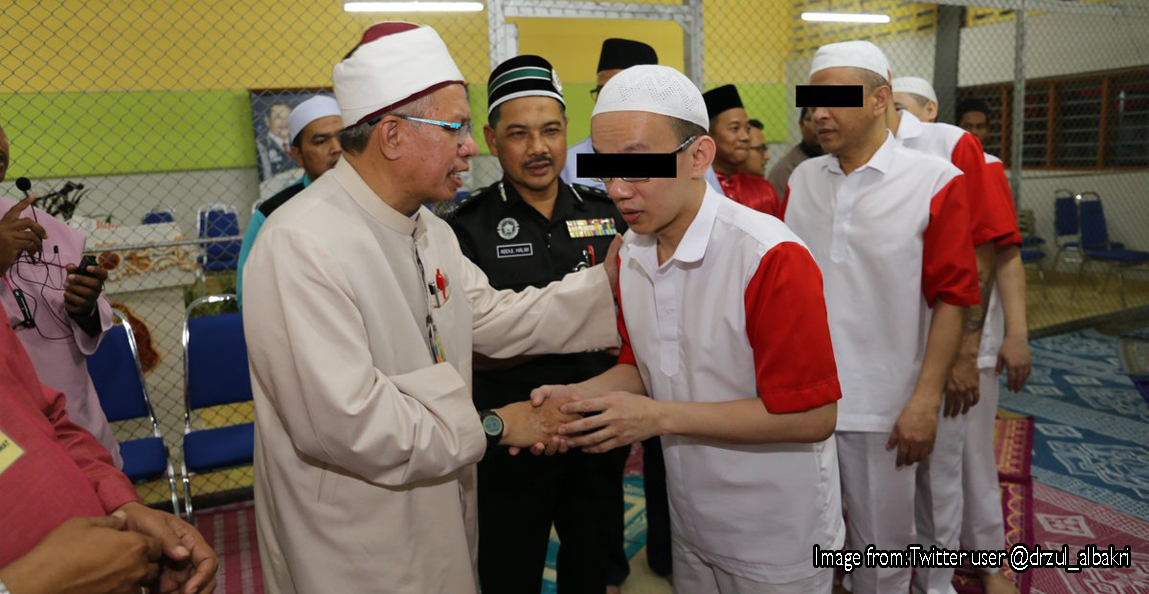Will Parlimen’s proposed Hate-Speech Law ruin democracy? We look at Canada, US and SG
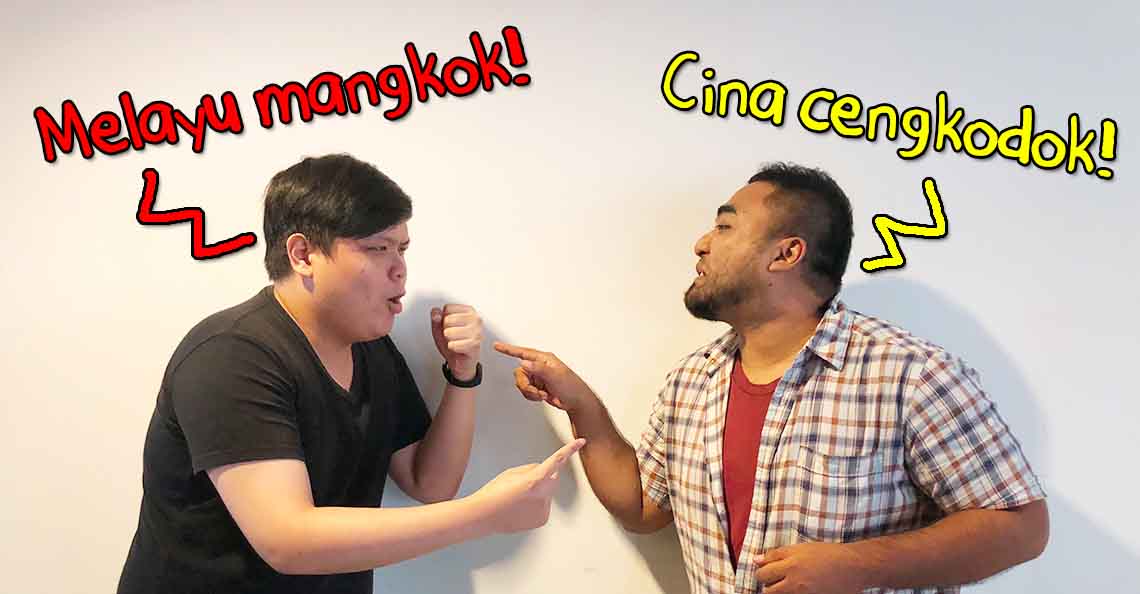
- 655Shares
- Facebook606
- Twitter8
- LinkedIn12
- Email7
- WhatsApp22
Have ugaiz ever heard of people saying, “Melayu makan babi” or “Cina go back China lah!”?
While it may be common to hear racial slurs like this uttered by regular Malaysians, it may also be common to hear it being said by well-known people… like the colourful Jamal Yunos. As if uttering racial slurs isn’t enough, he even admitted he’s a racist.
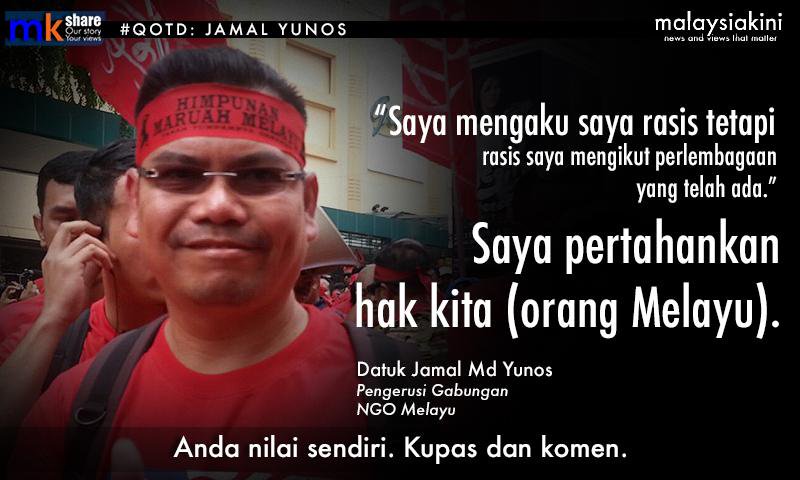
But is this even legal in the first place? Actually, we found out that Malaysia does not really have a specific law to regulate hate speech (any form of speech that attacks a person or a group on the basis of attributes) especially against race and religious groups. That may be why we still see Malaysians uttering racial slurs everywhere and not get caught! The closest law to regulating hate speech would probably be the Sedition Act 1948, which states that promoting the feeling of ill-will and hostility between different races is considered seditious.
However, a Minister in the PM’s Department recently proposed three new bills to protect racial and religious harmony in Malaysia: the Anti-Discrimination Act, National Harmony and Reconciliation Commission Act and the Religious and Racial Hatred Act.
Disclaimer alert: Pakatan Harapan actually revived these bills from the previous National Harmony Bill which was introduced by BN. But, for some reason, the National Harmony Bill along with two other related bills didn’t make it to the Parliament.
Anyway, how would these bills actually work? Lucky for us, other countries have imposed this law before us (so we could take a closer look into it). So, let’s explore how hate speech laws work in other countries…
Actually, quite a number of countries have hate speech laws (especially the angmoh ones)
Although it may be common to say “Cina balik Tongsan laa” in Malaysia, say that somewhere else and you could end up in jail.
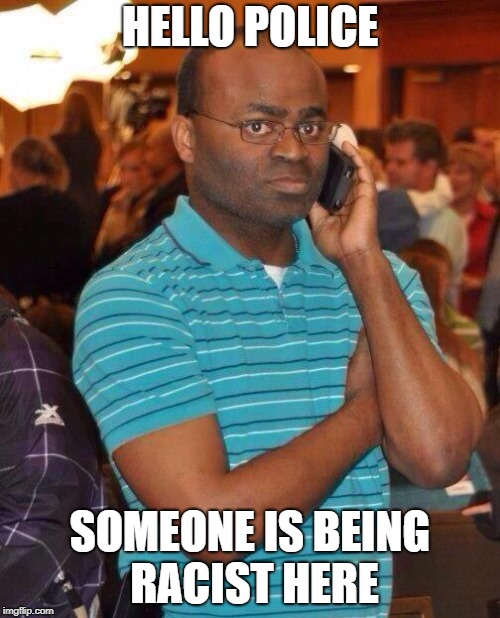
In Ireland, you could be convicted under the Prohibition of Incitement to Hatred Act 1989. Although the Act was enacted in the late 80s, the first conviction made was yearssss later. A bus driver was actually the first to be convicted in 2000 under this Act for telling a Gambian passenger, “You should go back to where you came from.”
But there may be an explanation for this. Hate speech laws can be divided into two; either to preserve public order or protect human dignity. In Ireland’s case, the law was mainly to preserve public order, hence, not specifically enforced frequently. This may also explain as to why Ireland did not have many convictions made. In Ireland, only 18 people were prosecuted by 2011 and 12 people were sentenced for hate speech crime in 2013.
However, hate crime in Canada could be detected and is frequently reported to the extent they have a specific report on hate crime in its country. Unlike Ireland, Canada may have enforced its law much more frequently.
Hate speech crime would fall under Criminal Code or Penal Code in most countries such as Ireland, Australia and Sweden. Anyone convicted of hate speech crime could be imprisoned or fined depending on the regulations of the country.
Nowadays, it is much easier to spread hate speech especially with the help of social media. With that in mind, several countries have actually started to impose hate speech laws online. Germany recently imposed a law against online hate speech. The law states that social media sites that do not remove ‘obviously illegal’ posts which contains hate speech, fake news and illegal material could face fines up to €50 million (about RM238 million).
But some countries have SUUUUPER specific hate speech laws
How specific you ask? Deny that the Holocaust happened and you could be prosecuted.

If you’re not familiar with what a Holocaust is, it is a tragedy when some 6 million European Jews were persecuted by the German Nazis regime during World War II. So, what does hate speech law have to do with the Holocaust? For starters, most countries that fall under this category could be related to this event (one way or another); the Holocaust.
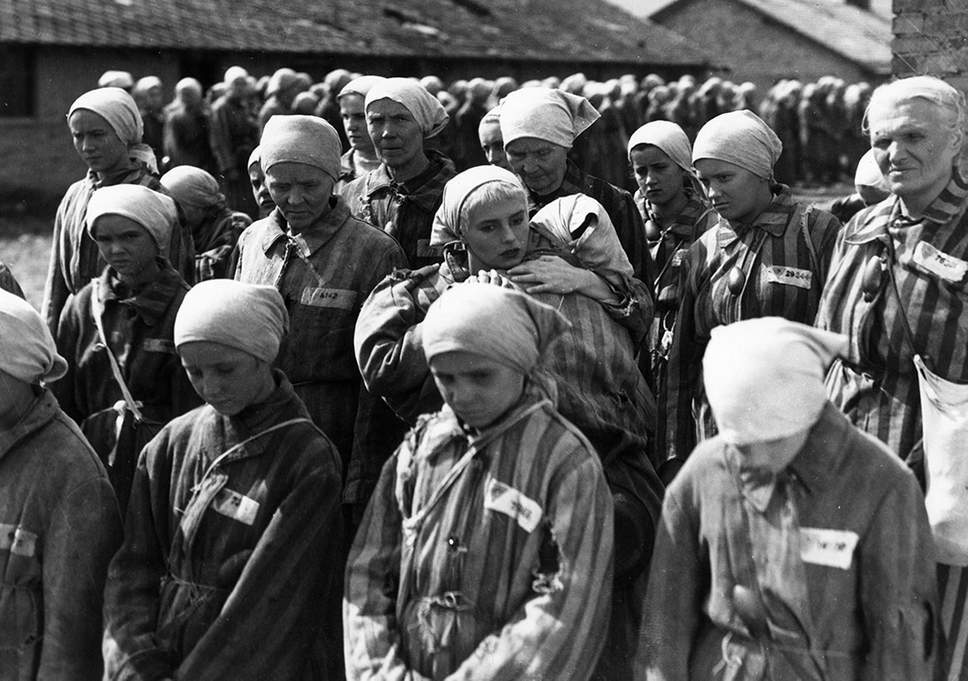
Belgium has two very specific laws against hate speech. One of them is the Belgian Holocaust Denial Law. This law prohibits any act of;
“Deny, play down, justify or approve of the genocide committed by the Nazi German regime during the Second World War”
Aside from the usual imprisonment and fines, there was a case where a former lawmaker who was convicted under this law was handed an unusual sentence. He had to visit one Nazi concentration camp a year for the next five years and write about his experience. On the contrary, another man was convicted to 1 year imprisonment and a fine of €2,500 aside from being suspended from his civic rights (aka our personal rights) for 10 years.
Actually, the act of denying or expressions of doubt about the Holocaust are considered criminal offences in most European countries such as a Belgium, Germany and France. Speaking of which, France actually has a specific hate speech law which prohibits crime against humanity called the Gayssot Law.
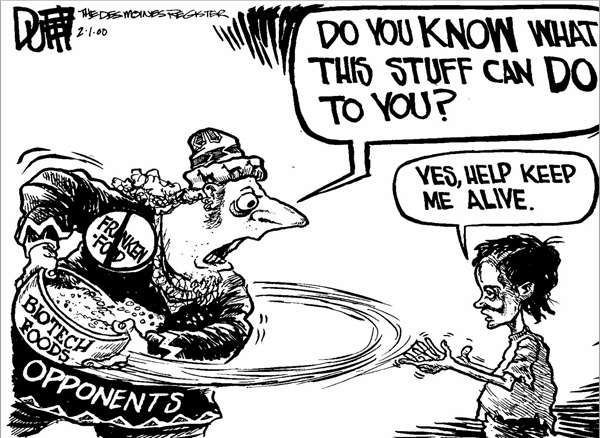
Gayssot Law bans Holocaust denial and reinforces the law against ethnic discrimination. One conviction made under this law was when the leader of France’s National Front political party, Jean-Marie Le Pen was found guilty for violating French law not once but TWICE. He referred the German execution gas chambers as a ‘minor point’ in the Second World War history. He was convicted and fined an amount of 1.2 million francs (RM4.9 million).
He was convicted again ten years after the first conviction when he belittled the Holocaust again. This time, he was fined 300,000 francs (RM1.2 million).
Aside from hate speech laws related to the Holocaust, our neighbouring country, Singapore, actually implemented various hate speech laws that prohibit speech that causes disharmony among various religious groups.
“Singapore takes a very different approach. Anyone who engages in hate speech or attempts to burn the Qur’an, Bible, or any religious text in Singapore, will be arrested and charged.” – Singapore’s Ministry of Home Affairs told Southeast Asia Globe.

Actually, Singapore practices a law similar to ours: the Seditious Act. In this act, hate speech wasn’t really properly defined. Speeches which promote feelings of ill-will and hostility between different races or classes of the population of Singapore, for instance, are considered seditious.
And while some countries impose super-detailed laws on hate speech…
Some countries only DEAL with hate speech… without punishing the hate speech-er?
The law in these countries are pretty useless tbh. No, we’re not simply saying this cos even the citizen of these countries find the laws ineffective.
Although Japan is so ahead of everyone in terms of technology and whatnot, they’re quite… behind when it comes to regulating hate speech. Why? Because the Japanese gomen doesn’t really implement specific laws that ban or prosecute hate speech criminals as it doesn’t believe in criminalising hate speech in fear it will lose its freedom of speech.
After several protests from various parties, Japan finally implemented the Hate Speech Act of 2016 which states that discriminatory speech and behaviour against people who are legally residing in Japan and whose ancestor were from outside Japan is not tolerated.
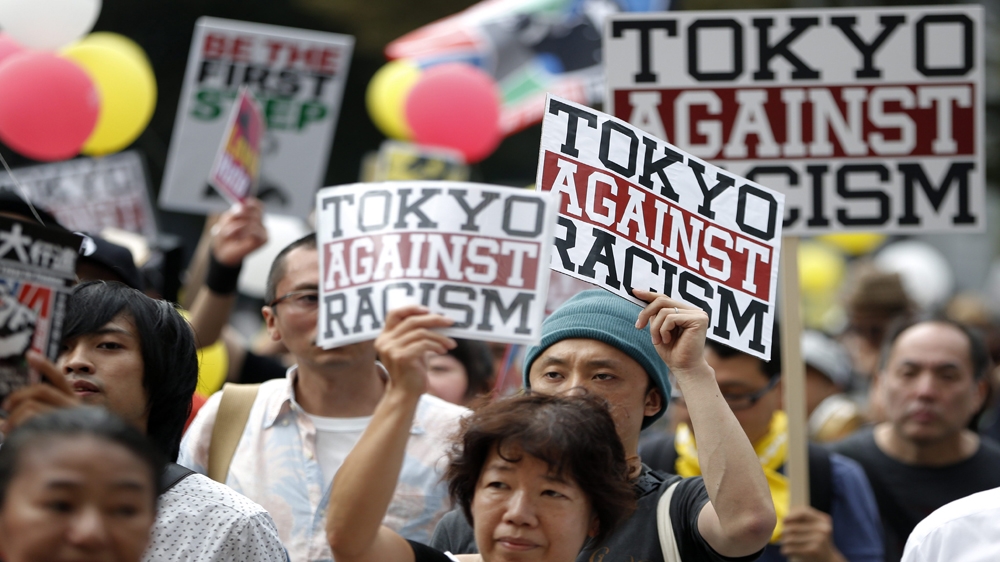
This law was said to be ineffective as it didn’t prosecute hate speechers and protect many foreigners such as over stayers without valid visas especially with regards to online abuses. So, the people of Japan launched a protest (again), this time against hate speech on Twitter, called ‘Tokyo No Hate’.
But at the time of writing, we found out that Kawasaki became the first region in Japan to have actually pass regulations which criminalise hate speech. This may have happened as the region was said to home a large Korean population.
Another country which implemented an ineffective hate speech law would be New Zealand. Similar to Japan, New Zealand doesn’t recognise hate speech as an offence although it is prohibited under Section 61 of the Human Rights Act 1993.
Although hate speech isn’t an offence in New Zealand, it is coded under existing crime categories. This has caused confusion to New Zealand’s police and Ministry of Justice as there are no specific ways to record crimes to combat racism.
But if you think countries with laws that doesn’t criminalise hate speech is ineffective…
There is a super progressive country that can BARELY regulate its freedom of speech
You might not see this one coming but the United States of America actually has issues with its freedom of speech. Although they pride themselves with their rights to freedom of speech, they find it hard to regulate hate speech. Heck, you can even see it in their President’s tweet every now and then.
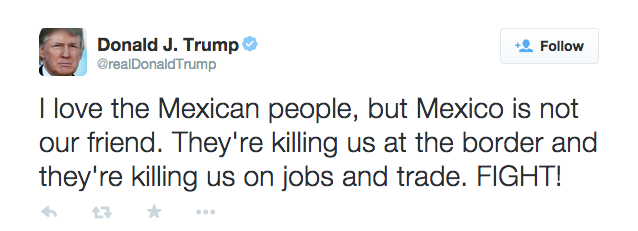
So why kenot regulate? Well, their First Amendment in their Constitution states:
“Congress shall make no law respecting an establishment of religion, or prohibiting the free exercise thereof; or abridging the freedom of speech, or of the press; or the right of the people peaceably to assemble, and to petition the government for a redress of grievances.”
That may be why there is no legal concept of hate speech as it is protected by the First Amendment. And, the only time a speech is deemed illegal is when it could incite violence.
So, maybe the US gomen would take action if any speech would lead to violence, right? Well, not really. As it turns out, statistics released by the FBI showed that, in 2016, there was a continuing rate of hate crime with a total of 6,121 incidents. However, the data was reported to be a bit misleading la as there were many loopholes to it. For instance, most hate crimes went under-reported by the law enforcement agencies and victims.
So that would leave us with the bigger question…
Would Malaysia impose yet another law to limit our freedom of speech?
Actually, we already have (and had) laws which have been administering our freedom of speech such as the Sedition Act 1948, Internal Security Act 1960 and Security Offences (Special Measures) Act 2012. And if ugaiz don’t know, we are entitled to our rights to freedom of speech as stated in Article 10 of the Constitution.
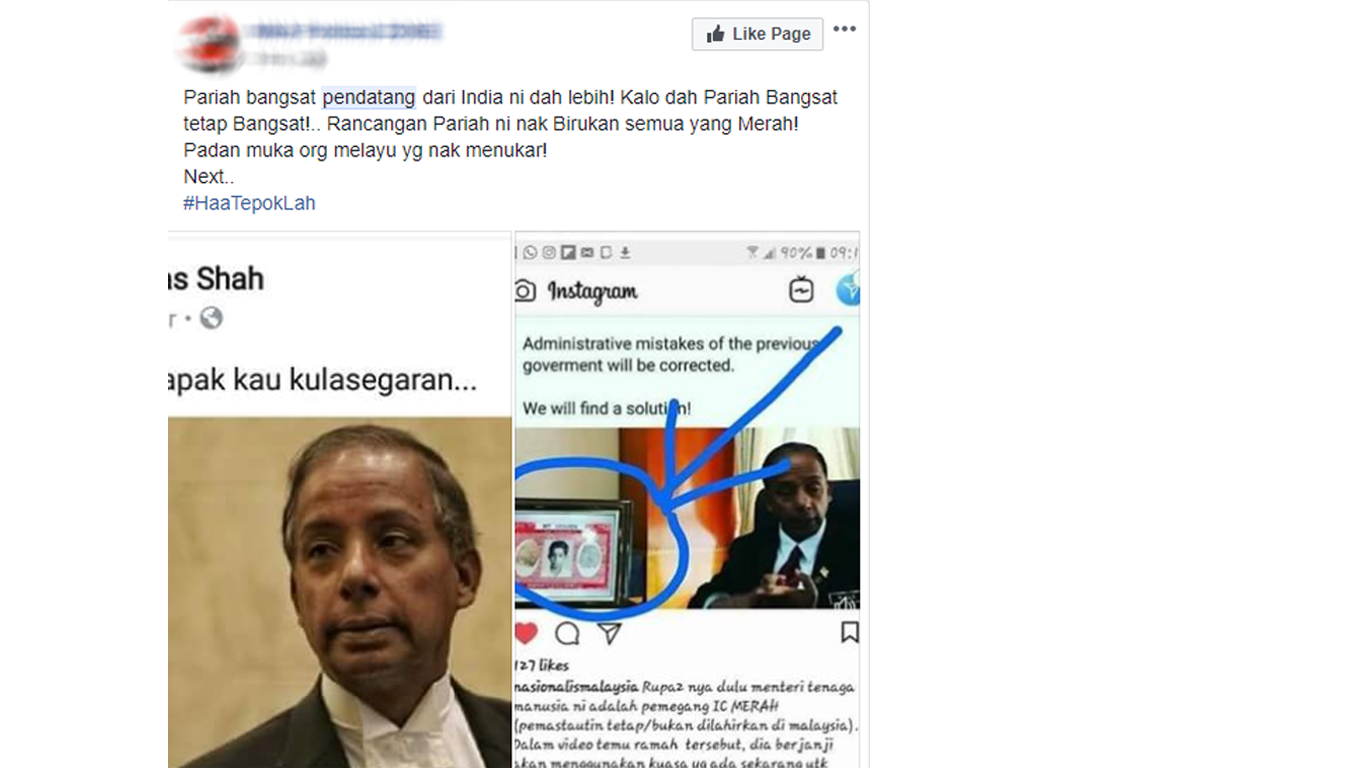
But hate speech is somewhat like a cancer. It is hard to get yourself diagnosed with cancer but when you do, it takes a long time to treat it. Just like cancer, many find it quite hard to explicitly define hate speech since it is subjective. But when a gomen propose to impose laws to regulate hate speech, it may take a long time before the gomen could work on an effective legal framework.
Eventually, the question that remains is if Malaysia regulates hate speech, would it limit the freedom of speech, considering how our country ranks at 145 out of 180 countries in 2018’s World Press Freedom? And if regulations aren’t imposed, would it further damage the society at large?
- 655Shares
- Facebook606
- Twitter8
- LinkedIn12
- Email7
- WhatsApp22

